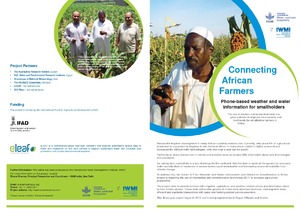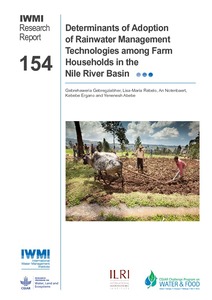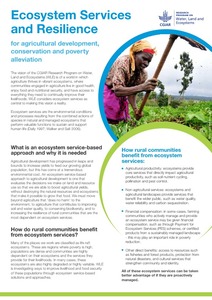Location
The International Water Management Institute (IWMI) is a non-profit, scientific research organization focusing on the sustainable use of water and land resources in developing countries. It is headquartered in Colombo, Sri Lanka, with regional offices across Asia and Africa. IWMI works in partnership with governments, civil society and the private sector to develop scalable agricultural water management solutions that have a real impact on poverty reduction, food security and ecosystem health. IWMI is a member of CGIAR, a global research partnership for a food-secure future.
IWMI’s Mission is to provide evidence-based solutions to sustainably manage water and land resources for food security, people’s livelihoods and the environment.
IWMI’s Vision, as reflected in the Strategy 2014-2018, is ‘a water-secure world’. IWMI targets water and land management challenges faced by poor communities in the developing countries, and through this contributes towards the achievement of the United Nations Millennium Development Goals (MDGs) of reducing poverty and hunger, and maintaining a sustainable environment. These are also the goals of CGIAR.
IWMI works through collaborative research with many partners in the North and South, and targets policymakers, development agencies, individual farmers and private sector organizations.
Resources
Displaying 261 - 265 of 959Community survey on water access, availability and management issues in the dry zone of Myanmar: final report for component 2. [Project report of the Livelihoods and Food Security Trust Fund (LIFT) Dry Zone Program].
Connecting African Farmers: Phone-based weather and water information for smallholders
Determinants of Adoption of Rainwater Management Technologies among Farm Households in the Nile River Basin
Agriculture is the main sector of the Ethiopian economy, as is the case in many sub-Saharan African countries. In this region, rainfall distribution is extremely uneven both spatially and temporally. Drought frequently results in crop failure, while high rainfall intensities result in low infiltration and high runoff, causing soil erosion and land degradation, which contribute to low agricultural productivity and high levels of food insecurity.








